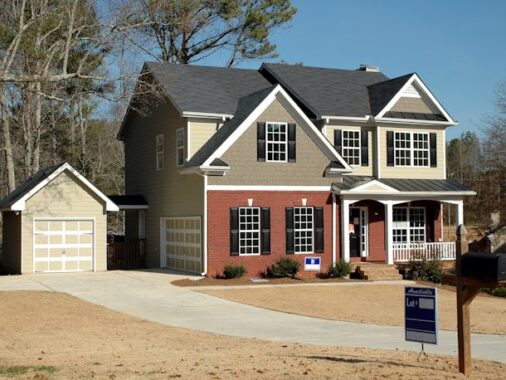In an era dominated by environmental concerns and climate change, the impact of water runoff on ecosystems cannot be overstated. Conventional drainage methods often exacerbate environmental degradation, leading to soil erosion, flooding, and loss of biodiversity. This necessitates a shift towards sustainable solutions, and French drains emerge as a promising alternative to address these pressing issues.
How French Drains Help Manage Water Runoff
French drains are a time-tested and eco-friendly solution designed to effectively manage water runoff. Their key mechanism involves the use of a gravel-filled trench that allows water to infiltrate the ground, reducing surface runoff. By doing so, French drains mitigate the adverse effects of erosion, flooding, and soil degradation, contributing to the overall health of the environment.
Eco-Friendly Materials and Practices
The environmental impact of French drains extends to the materials and practices involved in their construction. Sustainable options such as recycled gravel and permeable pavers can be employed, minimizing the ecological footprint associated with traditional drainage systems. Additionally, the construction practices associated with French drains prioritize longevity and minimal maintenance, aligning with eco-friendly principles.
Integrating French Drains into Landscape Design
The seamless integration of French drains into landscape design offers a dual benefit by enhancing both functionality and aesthetics. These drains can be discreetly incorporated into gardens, lawns, or hardscapes without compromising the visual appeal of the surroundings. Proper planning ensures that French drains not only effectively manage water runoff but also complement the overall design, creating a harmonious and sustainable landscape.
Furthermore, the use of native plants in conjunction with French drains enhances the system’s environmental impact. Native plants, adapted to the local climate and soil conditions, can thrive with the moisture provided by the drainage system, promoting biodiversity and creating resilient ecosystems within the designed landscape.
FAQs
With proper installation and maintenance, French drain systems can last for decades, providing long-term benefits in managing water runoff.
While French drains can help alleviate flooding caused by surface water runoff, they may not be effective against flooding from rising groundwater or storm surges.
Regulations regarding the installation of French drains vary by location, and homeowners should consult local building codes and permits before installing a drainage system.
Other alternatives for managing water runoff include rain gardens, permeable pavement, and green roofs, each with its own benefits and considerations depending on site-specific requirements and preferences.
Conclusion
As we confront the challenges posed by climate change and urbanization, promoting sustainable drainage solutions becomes paramount. French drains, with their ability to minimize erosion, prevent flooding, and contribute to groundwater recharge, represent an eco-friendly alternative that aligns with the principles of environmental sustainability.
By incorporating recycled materials, permeable surfaces, and native plants, the construction and integration of French drains go beyond mere functionality—they become a testament to environmentally conscious practices. As we strive to create resilient communities and preserve our natural ecosystems, embracing the role of French drains in managing water runoff is a significant step towards a more sustainable and ecologically responsible future. These drains serve as a beacon of hope, demonstrating that even in the realm of water management, we can implement solutions that are both effective and environmentally friendly.





